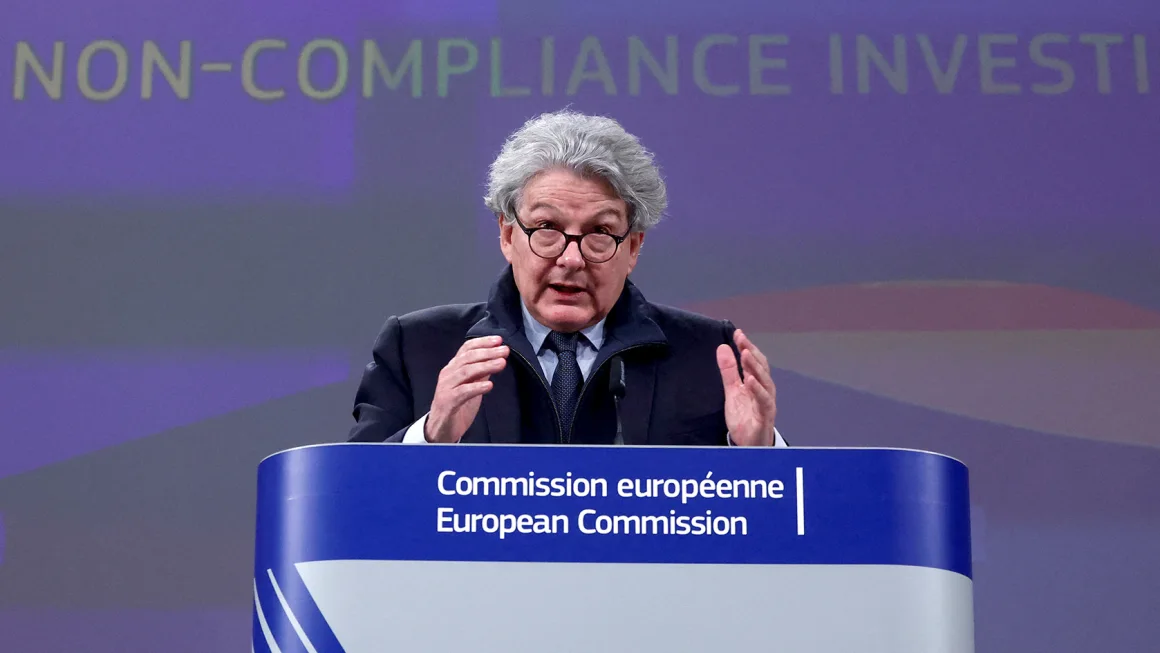
“The new fees charged by Apple and Meta may thwart users from reaping the benefits brought about by the Digital Markets Act and potentially deliver them more choice,” the EU’s antitrust chief Margrethe Vestager noted. In January, Apple published a slew of changes to try to comply with the European Union tech directive, which aims to open its closed ecosystem to competitors. The new regulations include a core technology fee that major apps would be charged 50-euro cents per user account per year, even if they use none of Apple’s payment methods. The European Union also faces resistance from Apple which considers that net packages it constitute hidden oil for Google.
Only, a couple of weeks ago, Apple published the rules that developers must abide by to offer their apps through third-party app stores. The stores should also be paid or be solely accessed through simple web downloads. However, these rules were considered restrictive, and the European Commission believes that they do not comply with the DMA; The Commission “has also taken investigatory steps concerning Apple’s new fee structure for alternative app stores.”; The commission explains that “Apple’s new fee structure and other terms and conditions for alternative app stores and the distribution of apps from the web may undermine the goals of its regulatory requirements under Article 6.4 DMA.” The fee structure is understood as Apple’s recently proposed “Core Technology Fee”. The programs will have a €0.50 charge on the first annual install per year for all apps and updates.
The European Union launched its first probes against Apple, Google parent Alphabet, and Meta, among the US giants who might face stiff fines under the brand-new mammoth digital law. They are three of six companies designated as market “gatekeepers” under the EU’s Digital Markets Act, with the others being Amazon, the social network TikTok’s parent business Byte Dance, and Microsoft. Since March 7, the companies have been obligated to obey the new laws. As the EU’s internal market commissioner Thierry Breton stated, “We are not convinced that the solutions by Alphabet, Apple, and Meta respect their obligations for a fairer and more open digital space for European citizens and businesses.”. The European Commission, the EU’s antitrust regulator, revealed in a press release that it is worried that the companies’ measures include:

